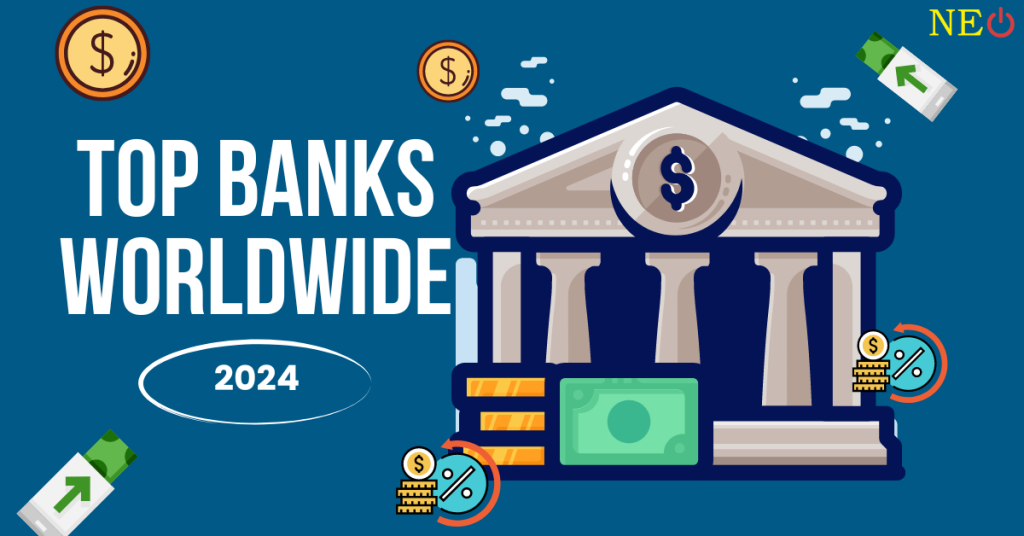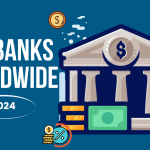The banking industry has a large and important global presence, with several financial organizations controlling trillions of dollars in assets. In this article, we will look at the world's top ten banks in 2024, providing a detailed study of their operations, financial performance, and overall impact on the global economy. By delving into the specifics of these leading banks, we can gain a deeper understanding of the modern financial landscape and how it influences our world.
Bank-holding businesses play an important role in the global banking industry. These corporations own one or more banks but are not necessarily involved in banking themselves. They provide a strategic advantage by bringing together a diverse variety of financial services under one cover, thereby boosting the overall stability of the banks they own.
Many of the world's largest banks are owned by larger bank holding corporations. This structure enables them to provide a variety of financial services, increasing their resilience and competitiveness in the global market.
Top banks in the world in 2024

- JPMorgan Chase
JPMorgan Chase is the largest bank in the United States and the world's fifth-largest bank by total assets. It is a dominant participant in investment banking and financial services. As the Federal Reserve launches its new quick payment service, the FedNow system, JP Morgan is among the top financial companies that have already adopted it.
Total Assets: $3.744 Trillion
- Bank of America
Bank of America services about 66 million people and small businesses through its extensive investment banking, wealth management, and trading operations.
Total Assets: $3.194 Trillion
- Industrial and Commercial Bank of China (ICBC)
The Industrial and Commercial Bank of China Limited is the largest bank in both the People's Republic of China and the globe in terms of total assets. Among the world's largest lenders, ICBC has consistently ranked near the top, with Bank of America.
Total Assets: $6.118 Trillion
- The Agricultural Bank of China
China's agricultural economy is greatly dependent upon the Agricultural Bank of China, which is the third-largest bank in the world in terms of total assets.
Total Assets: $5.357 Trillion
- Wells Fargo
The American Wells Fargo & Company provides financial services in around 35 countries. Wells Fargo, along with 33 other banks and credit unions, integrates the FedNow system with JPMorgan.
Total Assets: $1.886 Trillion
- Bank of China
Based on total assets, the Bank of China ranks as the fourth largest bank worldwide. It is among the oldest banks in China and is well-known beyond borders.
Total Assets: $4.422 Trillion
- China Construction Bank (CCB)
By total assets, CCB is the second-biggest bank in the world. It significantly affects China's infrastructure and construction endeavors.
Total Assets: $5.376 Trillion
- HSBC
With its global headquarters located in the UK, HSBC is a well-known banking and financial services company serving millions of clients.
Total Assets: $2.989 Trillion
- Morgan Stanley
Morgan Stanley is an American financial services and investment bank. Interestingly, Mitsubishi UFJ Financial and Morgan Stanley recently revealed their intention to expand their 15-year partnership into foreign exchange trading and Japanese research and equities for a worldwide clientele.
Total Assets: $1.199 Trillion
- Royal Bank of Canda
In terms of market capitalization, Royal Bank of Canada is the largest bank in the country. With its headquarters located in Torranatto, the company operates in 27 countries and caters to almost 17 million customers globally. The bank provides a variety of services, including wealth management, insurance investor services, and personal and business banking.
Total Assets: $1.449 Trillion
Read More:The world's ten busiest airports ranked by total number of passengers









